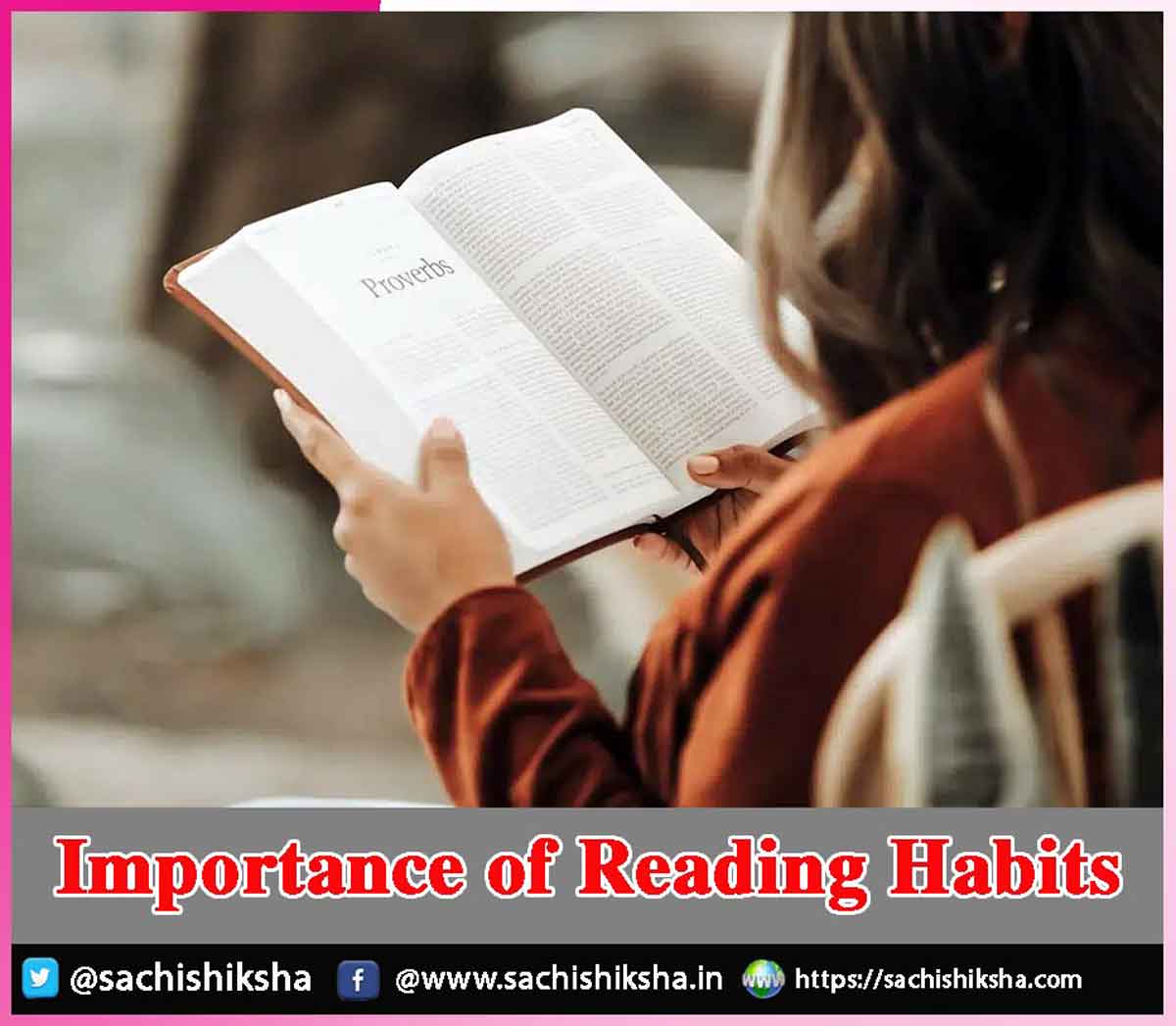Importance of Reading Habits
Introduction: In an age dominated by digital distractions, cultivating the habit of reading remains one of the most rewarding pursuits for personal growth, intellectual development, and emotional well-being. Reading is not merely an academic skill—it is a lifelong habit that shapes our thinking, broadens our imagination, and deepens our understanding of the world. Whether one reads novels, newspapers, biographies, or online articles, the act of reading enriches the mind and soul in countless ways.
Table of Contents
Reading and Intellectual Growth

Imagination and Creativity
Books ignite the imagination. When we read, our mind paints pictures of scenes, characters, and emotions described in words. This mental exercise enhances creativity, allowing readers to think beyond the ordinary and visualize possibilities. For children, reading stories nurtures curiosity and helps them dream big. For adults, it keeps the creative spark alive, whether in professional problem-solving or artistic expression.
Focus and Concentration
In today’s fast-paced digital environment, maintaining focus has become increasingly difficult. Social media, short videos, and instant notifications constantly compete for our attention. Reading, however, requires patience and sustained concentration. When you read a book, your attention is fully engaged in understanding the plot or argument. Over time, this strengthens your ability to focus, remember details, and follow complex ideas.
Reading as Relaxation
Reading is also an excellent form of mental relaxation. A good book can transport readers away from daily stress and anxiety into a world of imagination and peace. Research has shown that reading, even for just a few minutes a day, can lower stress levels, slow heart rate, and ease tension.
Emotional and Moral Benefits
Furthermore, reading self-help or inspirational books can provide emotional support and guidance during challenging times. It encourages reflection, offers new perspectives, and often provides solutions to personal struggles. For many, reading becomes a form of therapy—a way to find comfort and understanding.
Lifelong Learning and Curiosity
Reading encourages curiosity—a desire to know more and understand better. It keeps the mind active and sharp, reducing the risk of cognitive decline as we age. Many great thinkers and leaders are known to be voracious readers; they recognize that knowledge and wisdom are built over time through continuous learning.
Conclusion
The habit of reading is one of the most valuable gifts a person can develop. It nurtures the mind, fuels creativity, improves communication, and strengthens emotional well-being. In a world that often values speed and convenience over depth and reflection, reading reminds us to slow down and connect—with ideas, with others, and with ourselves.
As the saying goes, “A reader lives a thousand lives before he dies; the man who never reads lives only one.” By embracing the habit of reading, we open ourselves to infinite possibilities, endless learning, and a richer, more fulfilling life.












































